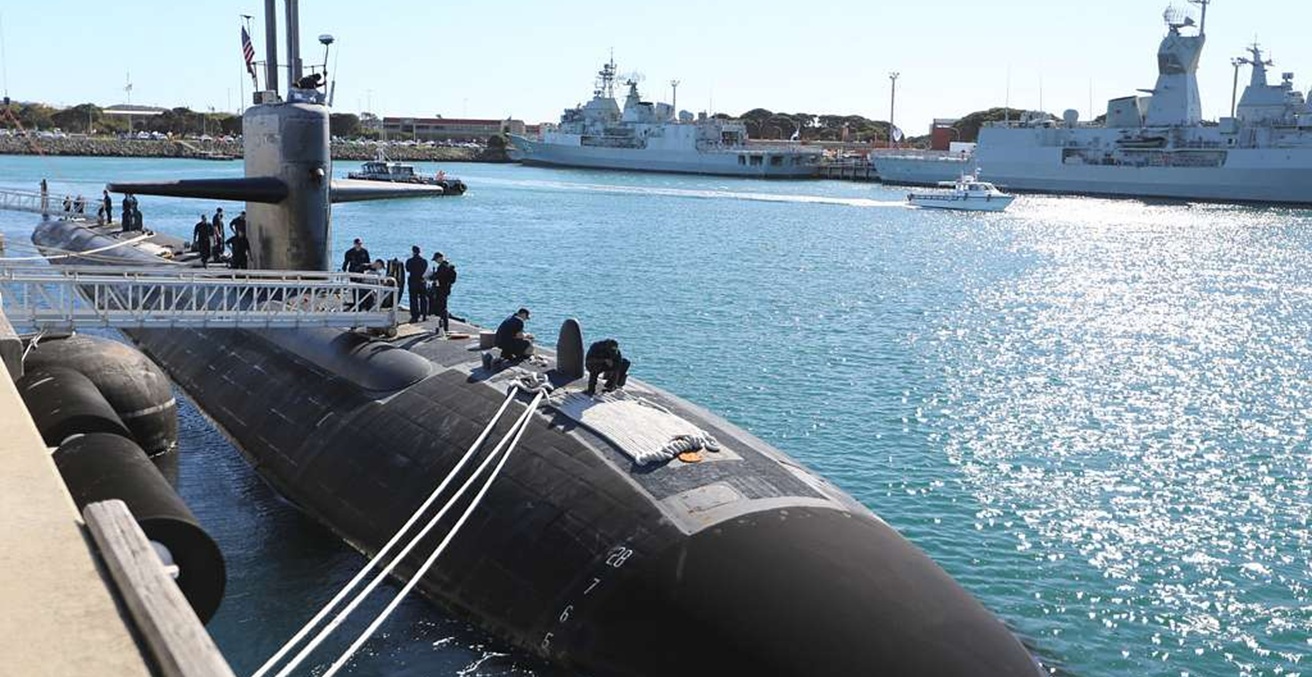Track Two dialogues, like the recent Asia-Pacific Roundtable (APR), transverse the barriers between official and unofficial and allow participants to shed official mantles and embrace much-needed free and frank conversation.
As Asia faces a new era of strategic competition and diplomatic tensions, we need Track Two diplomacy more than ever.
From 24-26 June roughly three-hundred scholars, policy makers, government representatives and young leaders from the Asia-Pacific gathered in Kuala Lumpur for the 33rd Asia-Pacific Roundtable (APR). The topic for this year’s forum: the stability of the rules-based regional security order in an environment characterized by increasingly more competition than cooperation. It is no coincidence that the title of the forum was “A Great Unwinding?” This references the perception that the security order the region has relied on for peace and stability over the last thirty years is beginning to unravel.
Governments often struggle with addressing and even talking about the “rules-based order.” As a conceptual issue, ideas of order extend beyond the easily observable strategic actions taken by states. Instead, order is based on the presumption of shared goals, values and aspirations. Official government positions often fail to articulate these shared values: leading to a great deal of anxiety, particularly when strategic actions tell another story.
One of the most effective mechanisms in the Asia-Pacific for addressing larger conceptual security issues are the several Track Two dialogues, such as the APR, that have emerged over the past twenty years. Track Two dialogues transverse the barriers between official and unofficial, providing fora where participants shed official mantles and embrace open discourse. The APR is the oldest regional security dialogue in the Asia-Pacific and considered the major Track Two forum for regional security issues. One reason the APR has endured so long is that it the fosters frank conversations and communication that are simply impossible in the more formal Track One circumstances.
The role and importance of Track Two security dialogues and accompanying think-tank networks cannot be overstated. The Asia-Pacific lacks robust high-level mechanisms for conflict resolution. Specifically lacking are channels to address trans-boundary threats that impact multiple countries, such as irregular migration, cyber-security and climate change. Track Two fora fill this gap and present opportunities for states in the Asia-Pacific to more freely discuss the deep anxieties plaguing the region and contributing to conflict flashpoints such as the South China Sea, East China Sea, Taiwan and the Korean Peninsula. Most importantly, these fora give Australia an opportunity to constructively engage with its near and regional neighbours on sensitive and non-traditional security topics that are just emerging or may be too contentious to address via official channels.
Over the three days of the APR I saw scholars, policymakers, and academics from all over the Asia-Pacific engage each other with a refreshing amount of candour. Policy papers, press releases and academic papers are often sanitized for a specific public audiences. Yet the conversations held at the 33rd APR, though sometimes uncomfortable, were uniformly constructive and gave insight into some of the inner workings of countries’ motivations and policy processes. Members also expressed the real anxieties felt by ASEAN countries about key strategic issues such as the re-emerging salience of nuclear weapons, malicious use of increasingly prevalent digital technologies and the potential collateral damage of the trade war between China and the United States. It takes the perfect environment and no small amount of trust for actors across such a diverse region to come together to speak and engage with such candour. These meetings and the conversations they foster are not one-off events but the building of deep relationships between those in an increasingly fractured Asia-Pacific. Panel sessions carried over into coffee breaks, meals and late into the evening. Long-term participants of these dialogues reconnected to pick up and build upon conversations initiated at previous roundtables. Relationships such as these are increasingly vital as strategic anxieties in the region often overwhelm the existing official structures for conflict resolution.
Track Two dialogues are supported by networks of engaged think-tanks which support and operate informally alongside them. The APR in Kuala Lumpur was immediately followed by the annual meeting of the Council for Security Cooperation in the Asia Pacific (CSCAP). CSCAP is a region wide network of 21 think-tanks. Members of CSCAP provide research, policy analysis and additional forums for Track Two processes. The Council initiates study groups to build much needed consensus on high-priority security issues such as norms for cyber security and the re-emerging salience of non-proliferation and disarmament. These study groups help chart out better forms of cooperation for countries to address key issues. They also provide additional information, implementation models, briefs and policy recommendations to the more official security dialogues in the region. Importantly, CSCAP makes a concerted effort to include the inputs of the next generation of leaders, thinkers and policymakers. Several CSCAP members have “young leaders” programs to promote the inclusion of new participants and ideas to ensure that these individuals connect with current power brokers and have an opportunity to be heard. Australia’s CSCAP Committee supported the participation of five early career researches in the APR this year.
Track Two dialogues fill an important security space in the Asia-Pacific, making it possible for intellectuals, policy makers and government officials to convene in a neutral environment to tackle salient and emerging threats to our region. Low-key by nature, it is imperative that Australia and other countries in the region support and engage these fora. The relationships and intellectual capital they provide the much needed analysis and conceptual depth to the formal track one diplomacy they support.
Shannon Zimmerman is a doctoral candidate at the Asia Pacific Centre for the Responsibility to Protect at the University of Queensland.
This article is published under a Creative Commons Licence and may be republished with attribution.




